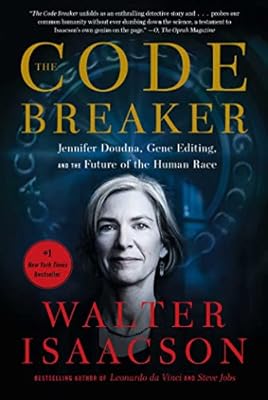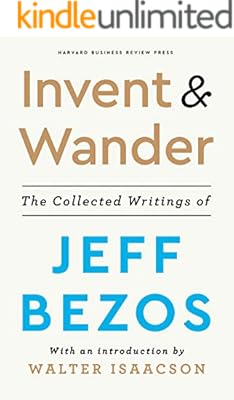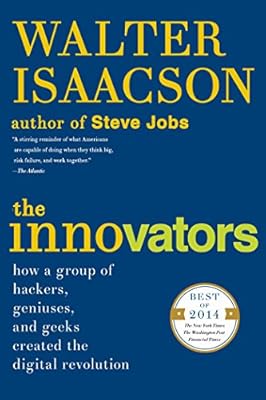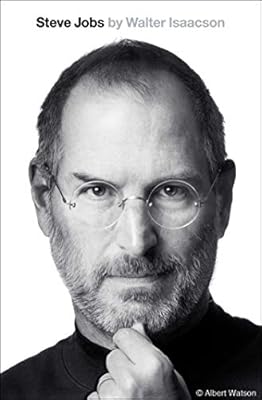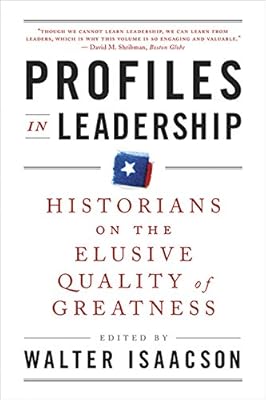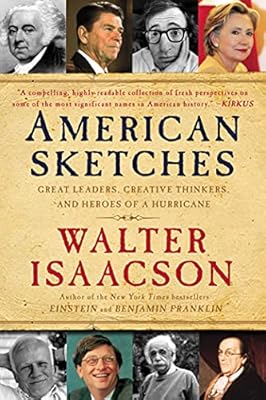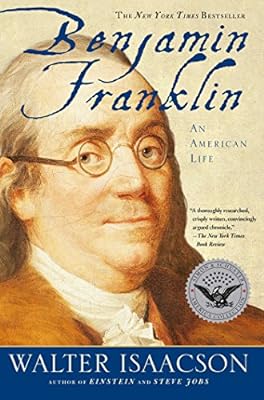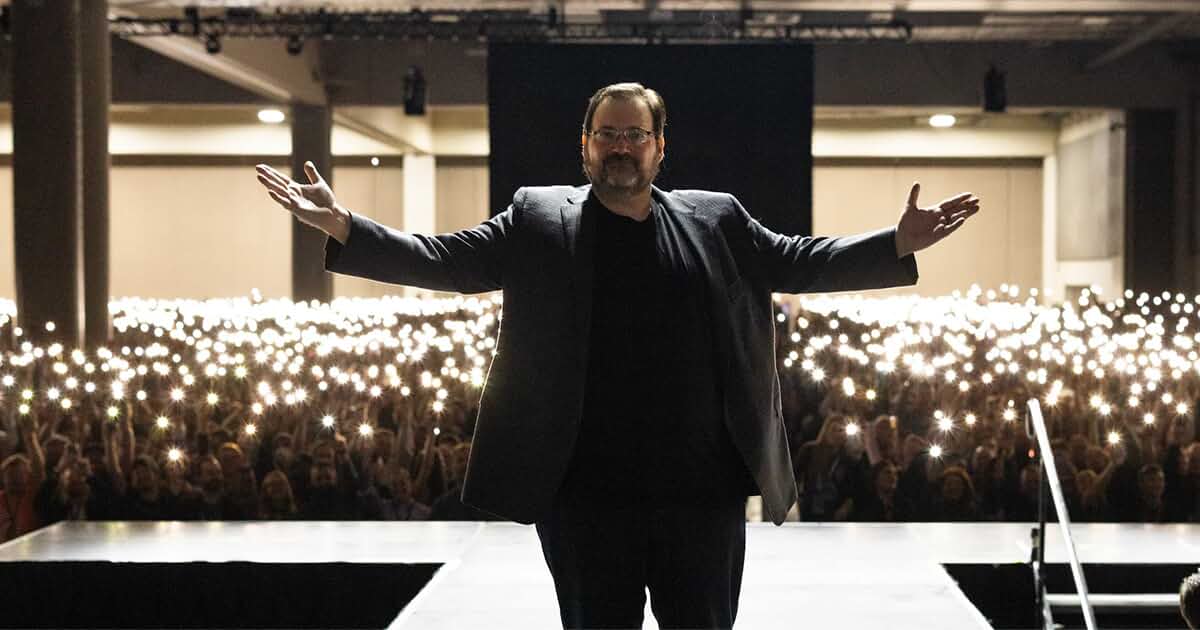Walter Isaacson talks page-turning new biography, ‘Elon Musk’

You probably have strong opinions about Elon Musk, thanks to his pugnacious tweets on the platform currently known as “X.” But those unpredictable outbursts only tell a fraction of the controversial billionaire’s story. Walter Isaacson’s page-turning biography, one of our most anticipated books of fall, paints a much richer picture of the complex character behind four companies worth more than a trillion dollars. Isaacson—also the bestselling biographer of Steve Jobs and Leonardo Da Vinci—opened up to the Amazon Book Review about the “emotional roller coaster” of spending two years writing about Musk. “Simply put, he can be an asshole.” But also? Undeniably inspiring, influential, and transformative.
Lindsay Powers, Amazon Book Review: Tell readers about your book.
Walter Isaacson: Elon Musk is the most influential and transformative—and also the most controversial and provocative—innovator and entrepreneur of our age. He brought us into the era of electric vehicles and revived space exploration, but he also infuriates folks with his impulsive and childish behavior. My book is an up-close narrative, filled with revealing stories, that shows his multiple sides, good and bad, and how his drives and demons have made him so successful.
How long did you spend with Elon?
When we first talked about the book, I told Musk that I didn’t want to write a bio merely based on a bunch of interviews. I wanted to shadow him day after day for two years, attend every meeting, walk the factory lines with him, and be by him morning, noon, and night. He gave me unfettered access, was astonishingly open, and did not ask to (nor did he) read the book in advance.
I was admittedly surprised while reading about how much sympathy I felt for Elon. What surprised you about Elon Musk, and why?
What most surprised me was the intensity of both his creative side and his dark side. The book explains how they are interwoven. The demons from his childhood drive him today. I don’t excuse the rough things he does and the way he sometimes treats people, but I do tell the tale of how all the elements of his many personalities are interwoven. As Shakespeare says, some people are “molded out of faults.”
Why do you think Elon stirs such strong emotions for people?
Simply put, he can be an asshole. His impulsive and childish behavior can offend people. But he can also be inspiring in his ability to get rockets into orbit, recreate the internet in space, create the world’s most important and valuable car company, and tackle the challenge of artificial intelligence. He’s willing to take wild risks and pursue epic quests at a time when our society seems sclerotic.
Throughout the biography, you share your perspective on Musk and those around him. For instance, you offer what it’s like to interact with Elon’s dad, or your thoughts when you get that cryptic text from Elon about meeting during “The Ides of March in Austin” and you have to hide your phones to talk AI: “I was baffled and, admittedly, a bit worried.” How do you reconcile your feelings about a subject, and those around them, while you’re writing?
Musk admits he is not endowed with a lot of empathy, and he’s not great at receiving emotional cues. But I have pretty good emotional antennae. He and his father and the other people I interviewed for the book produced intense emotional reactions in me. I try to be honest and transparent about the emotional roller coaster of dealing with him and those around him. I interviewed more than 130 people to get a handle on dealing with the emotional turmoil surrounding him.
Do you think Elon is “in on the joke” or “playing in game mode” of his larger-than-life persona? For example, when you write about his Ambien and Red Bull-fueled trolling on Twitter, in which he “merrily admits” he “digs his own grave” or “shoots himself in the foot” but then also gleefully points out “life needs to be interesting and edgy,'” [and] then quotes his favorite line from the 2000 movie Gladiator: “Are you not entertained? Is that not why you are here?”
Yes, I think Musk is in on the joke about his crazy persona and sees himself as a colorful character destined to entertain. When others were wondering seriously whether he was going to the Coliseum in Rome to do a cage match with [Facebook CEO Mark] Zuckerberg, he was having the time of his life yanking people’s chain. His humor can be very juvenile, but he enjoys it and laughs at himself.
Elon’s companies have been worth more than a trillion dollars, but “it was not in Musk’s nature to leave well enough alone.” Why do you think he won’t slow down? And do you think he’s in over his head with X?
His brother Kimbal calls him a drama addict. From his childhood, Musk preferred storm over calm. Whenever things are quiet, he has to do something unsettling, which is part of the reason he gets in the type of manic mode that leads him to buy Twitter. From the moment he made the offer, he had mixed minds about it. But he was obsessed with creating an all-purpose financial app and social network that he envisioned twenty years earlier when he started X.com. I kind of wish he hadn’t bought it, but he wanted the challenge and drama.
Who was your most interesting interview subject, and why?
The most interesting interviews were with Musk’s former wives and girlfriends and his mother and brother. Those closest to him truly understand him, in some ways better than he understands himself.
How do you choose who to write about? Do you feel like your subjects are connected, and if so, how? (I personally saw parallels between Steve Jobs and Elon Musk in your books.)
I write about people who are innovative and creative. I like to explore how interesting minds work. My characters tend to stand at the intersection of the humanities and technology. And their imagination comes from being able to, in Steve Jobs’ words, “think different.”



